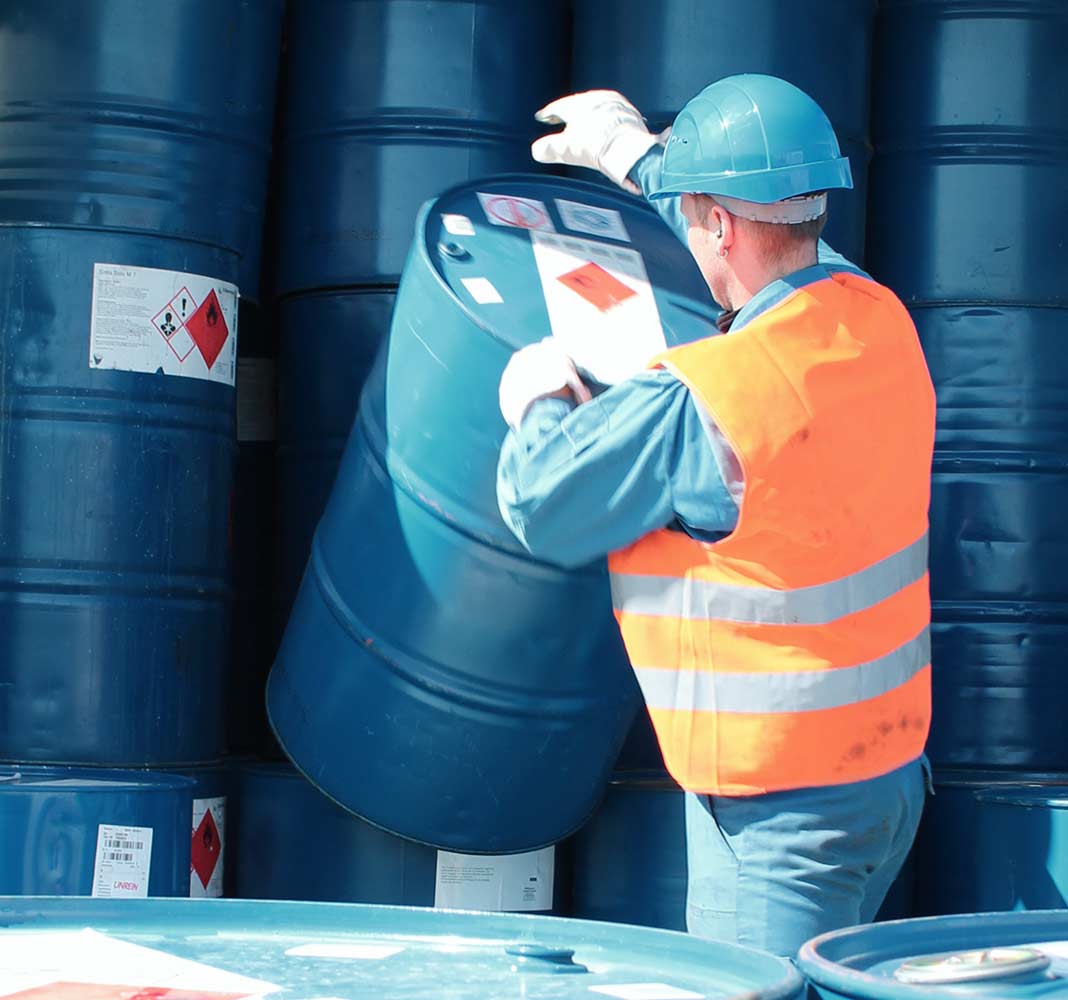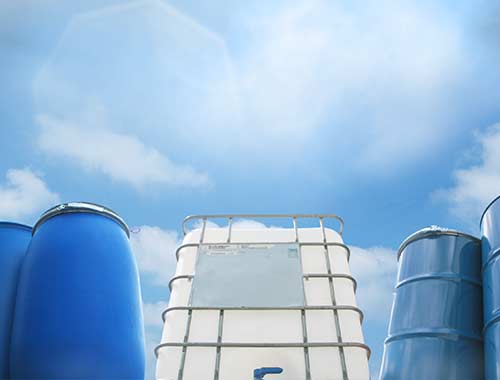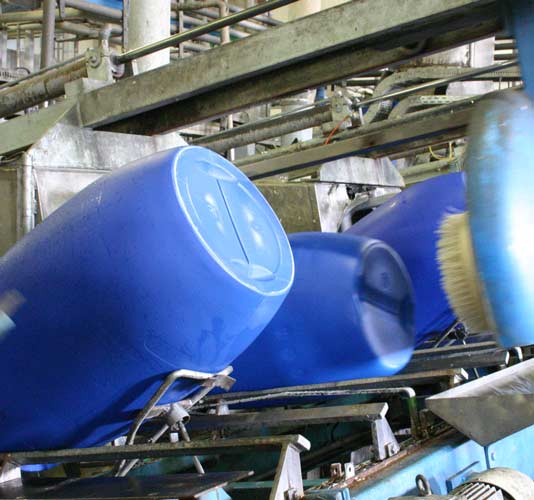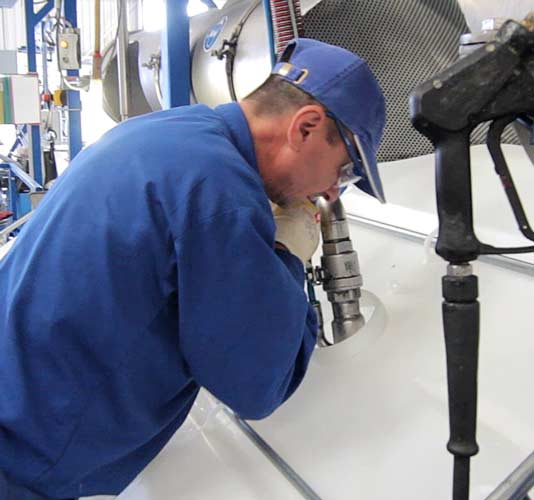
The purpose of all packaging is to protect and preserve the contents during transport and storage.
Industrial packagings, such as drums and IBCs, can be reconditioned to maintain high levels of safety whilst increasing the environmental performance through enabling repeated reuse.

Sustainability
Ecological by design
Drums and IBCs are used for the global transportion and storage of a wide variety of products and raw materials, including Dangerous Goods. Not only are these packaging designs incredibly safe – they are also very environmentally efficient through their ability to be reconditioned and reused.
Whilst many retail packagings are working towards becoming more reyclable, industrial packaging has, for centuries, been saving energy and carbon emission through repeated reconditioning and reuse – which requires significantly less energy than recycling, multiplied over many life-cycles, whilst maintaining the required international standards for strength and safety.



Our contribution
SERRED members operate drum and IBC reconditioning facilities across Europe to clean, test and refurbish a wide variety of industrial packagings, which have imported products from around the world.
Following specialised reconditioning, inspection and testing, these kegs, drums and IBCs are ready to be filled and used once again on the global market – having had only required minimal energy consumption.

Ultimately, after repeated cycles of use, the containers will reach the end of their working lives. At this point SERRED members once again provide an important service for protecting our environment, by ensuring the packagings are cleaned and ready for their materials to be recovered and reclaimed through recycling.
Whilst recycling is of course a worthwhile service to recover the packaging materials, it is energy intensive – so the more times a container can be reconditioned and reused, the more energy is saved and our Carbon Footprint reduced.
Exemplary CO2 Reduction
70%
IBC washed
Reconditioning an IBC has a substantial benefit on the carbon footprint, it is brought back to 30% of the carbon footprint of a new IBC. Reconditioning has also a clear benefit on all the other analyzed impact categories.
[1]
20%
IBC inner bottle replaced
Replacing an IBCs inner bottle safes up to 20 % of CO2 compared to a newly manufactured IBC.
[2]
27%
PE drum
Reconditioning a PE drum reduces the carbon footprint about 27 % if compared with a newly manufactured plastic drum.
A reconditioned drum scores about three to four times better than a newly manufactured drum on several other impact categories.
[1]
66%
Tight and open head steel drum
Reconditioning an open head steel drum instead of newly manufacturing it lowers the carbon footprint by a factor three.
For tight head steel drum we see the same benefit of reconditioning as we see for the open head steel drum. It brings the carbon footprint down to almost a third.
[1]
Further information
For additional information on the environmental benefits of reconditioning, please contact the SERRED Secretary via our contact form.
Become a Member
Fill out the form to contact us if you are interested in becoming a member.
SERRED and EC
Recommendation to EU Directive 94/62/EC on Packaging and Packaging Waste
